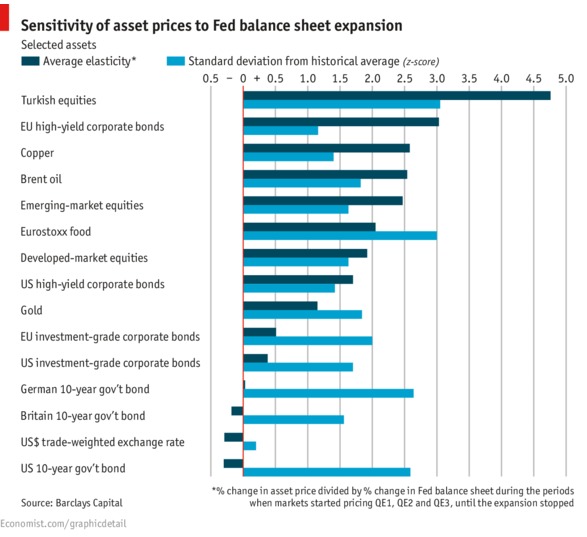By: Steve Sosnick, Chief Strategist
Seasonality is an important but unpredictable factor in stock market behavior. As we have noted multiple times – most recently yesterday – traders love to find consistent patterns. It would be terrific if the calendar could reliably provide those patterns. Unfortunately, while it is easy to see which months tend to offer better stock market performance, it is very difficult to rely on long-term averages.
One thing that is clear is that August tends to be among the worst months for US equity investors. Over the past 25 years, only 3 of the 12 months have averaged losses for the S&P 500 (SPX) during that period: February (-0.26%), August (0.60%), and September (0.67%).
The idea that stocks go up more often than not should not be surprising. It’s a well-known fact that stocks have tended to go up over time, so it stands to reason that more months would be positive than negative. It is also well-known among traders that we have seen various hiccups over the years in both February (“Volmageddon, for one) and early autumn. Although some of the worst drops have occurred in October, so have some significant bottoms and turnarounds. Last October featured both. That duality means that October is one of the positive months at +1.55%. (April is best at +2.53%, by the way)
Why, then, does August tend to be a down month? One theory is that August is the most popular month for vacations in the Northern Hemisphere, with negative implications for liquidity. Thinner markets tend to be more susceptible to negative surprises. It would also not be surprising if traders begin looking ahead to the normally difficult September period, thus making them less willing to buy dips or commit new capital.
Thus, it should not be surprising that August has been by far the best month for the Cboe Volatility Index (VIX) over the past 25 years with an average rise of +10.42%. Unsurprisingly, September (+6.95%) and February (+4.38%) show the next biggest gains. Over time, it has been advantageous to own volatility in late summer.
Remember, VIX is constructed to provide the market’s best estimate of volatility over the ensuing 30 days. If both August and September are typically nervous months for equity markets, then it is quite sensible for markets to price in higher volatility assumptions.
Based upon those long-term averages, investors would be prudent to reduce their equity exposures and increase their hedges over the coming days. But it’s not that simple. SPX rose 14 times in the last 25 Augusts, while VIX fell in 10 of them. In other words, stocks actually rose more often than not in August. Although VIX rose more often than not, it is hardly perfect. The difference can be explained by the “look-ahead” nature of VIX. Traders likely had begun to anticipate higher volatility in the coming 30 days even before stocks began to sink.
Seasonality is important to consider. Too bad it can’t be relied upon.
This post first appeared on August 1st 2023, IBKR Traders’ Insight Blog
PHOTO CREDIT: https://www.shutterstock.com/g/Gam1983
Via SHUTTERSTOCK
DISCLOSURE: INTERACTIVE BROKERS
The analysis in this material is provided for information only and is not and should not be construed as an offer to sell or the solicitation of an offer to buy any security. To the extent that this material discusses general market activity, industry or sector trends or other broad-based economic or political conditions, it should not be construed as research or investment advice. To the extent that it includes references to specific securities, commodities, currencies, or other instruments, those references do not constitute a recommendation by IBKR to buy, sell or hold such investments. This material does not and is not intended to take into account the particular financial conditions, investment objectives or requirements of individual customers. Before acting on this material, you should consider whether it is suitable for your particular circumstances and, as necessary, seek professional advice.
The views and opinions expressed herein are those of the author and do not necessarily reflect the views of Interactive Brokers LLC, its affiliates, or its employees.
Any trading symbols displayed are for illustrative purposes only and are not intended to portray recommendations.
Please note that any advertisement has not been reviewed by the Monetary Authority of Singapore.



